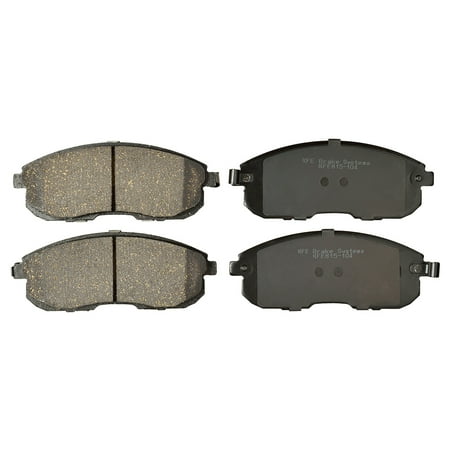Niche Parking Brake Pad Set for 2203147 Polaris Ranger 500 700 800 900 XP Crew Semi-Metallic
Includes: Brake Pad Set Known Brand Compatibility: For Polaris Known Model Compatibility: Ranger 500 900 Ranger Crew 900 Direct Replacement For: nichepad, 2203147
-
$25.95
$48.00 -
$11.99


Includes set of (2) PadsReplaces OEM Part Numbers: N/ACompatible with the 2005-2006 & 2008 XP seven hundred, 2005-2010 500, 2006-2009 seven-hundred, 2008-2009 Crew seven-hundred, 2008 Polaris MVRS seven hundred & 800Compatible with the 2010-2012 800, 2010-2011, 2015 EV, 2010-2012 Crew 800, 2011-2014 900, 2011-2014 Crew 900, 2012 XP 800May match extra fashions, please be sure to affirm proper fitment in your gadget
Submit your review Cancel reply



![[COMPLETE KIT] Black Drilled Slotted Brake Rotors & Ceramic Pads CBC.6608002 [COMPLETE KIT] Black Drilled Slotted Brake Rotors & Ceramic Pads CBC.6608002](https://i5.walmartimages.com/asr/2fcec416-3c95-4c43-a7df-5f103c2e905f_1.7633a418f78b2f437935cf6ca22f723b.jpeg?odnHeight=450&odnWidth=450&odnBg=ffffff)

Reviews
There are no reviews yet.